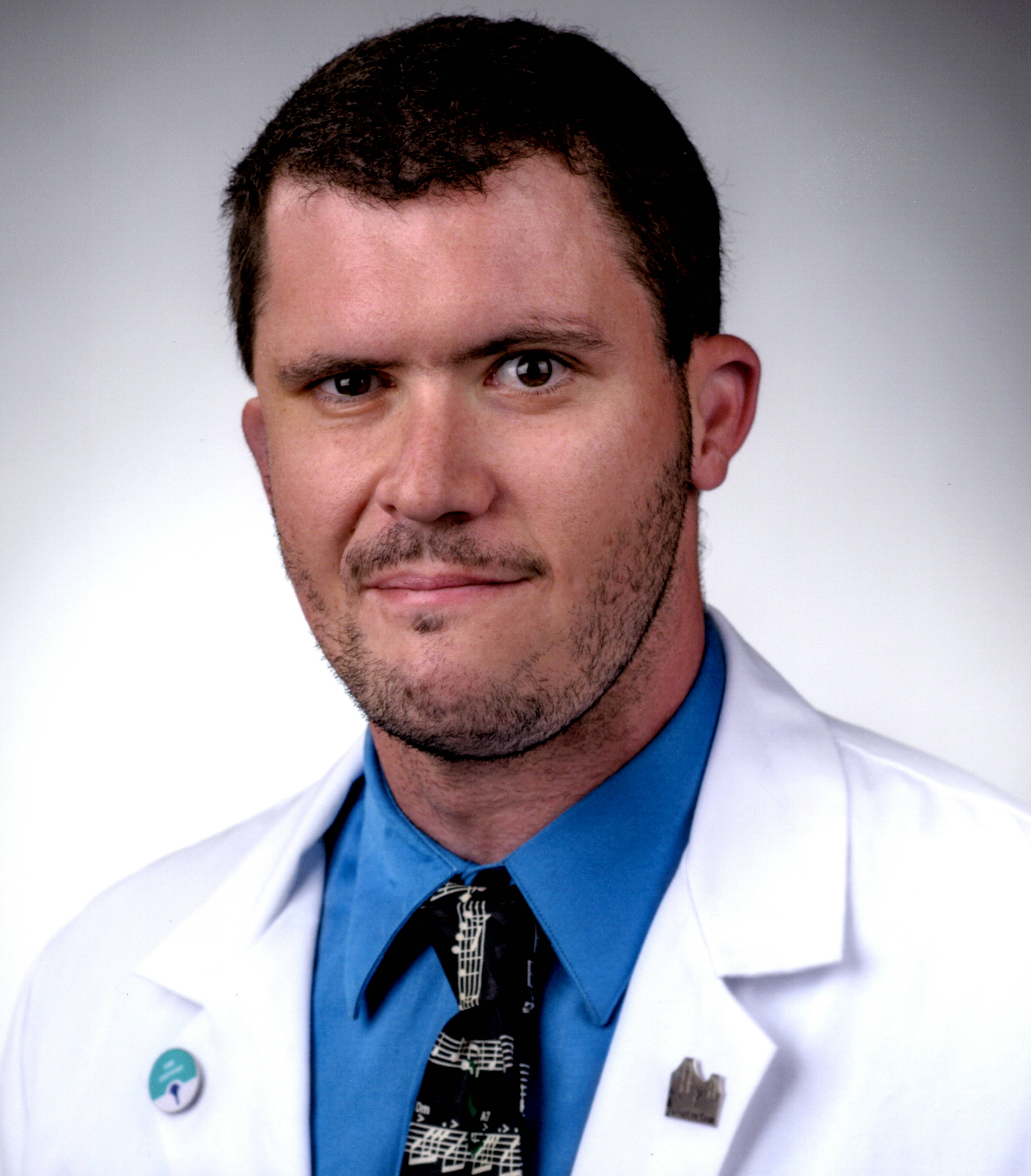
AAHPM reached out to the 2024 Emerging Leaders to gain insight into what motivated them to pursue leadership positions and what they find more fulfilling in their experiences. Benjamin Thompson, MD has been recognized as one of the exceptional individuals chosen as a 2024 AAHPM Emerging Leader in Hospice and Palliative Care.
Who has most influenced your work and how have they shaped your contributions?
I have been fortunate to have many mentors and friendtors over the last several years. My first mentor was Elizabeth Gundersen. I wrote to her in March of 2020 when I was a fellow and thinking about my life in program administration. She was approachable, humble, and willing to help a stranger. She, along with Dom Mastroianni and Rab Razzak helped me to launch the Virtual Grand Rounds series that continues to evolve. While my mentors helped to launch my career, it was my friendtors who have sustained it. Katrina Nickels was my first palliative friend. We have the same views on palliative care and substance use disorder and got to meet at a conference before the pandemic. She introduced me to Monika Holbein through her program MAPPIT (Managing Pain and Addiction with the Palliative Interdisciplinary Team). Sonia Malhotra joined our virtual team as well. This team has pushed each other to grow and expand our educational initiatives to three lectures per month that remain free and accessible to anyone who wants to learn. I wouldn’t have been able to engage in any of this national work without the local support of Lauren King, social worker and dear friend.
What is the significance to you of being recognized as a “Emerging Leader” in Hospice and Palliative Medicine?
I would wager that most of us, a lot of the time, feel like we’re shouting into the void. It can be intimidating to take an idea and run with it at a local level when stakeholders at a single institution can’t understand the implications of an idea. I think I whispered into the void, but with the help of mentors and friendtors my initial whisper was amplified to a shout. In 2020 as the world shifted to online learning during the pandemic, I had an idea to create an open-source educational platform for hospice and palliative care fellows and their interdisciplinary teams. With the help of amazing colleagues, this series is entering its fifth year in August. Receiving this recognition from the Assembly is so affirming of the work that my colleagues and I have done to expand the virtual educational options for the field. I hope that this recognition gives me the courage to amplify many other whispers over my career.
What is your aspiration for the evolution of hospice and Palliative Medicine?
Small fellowship programs don’t have access to many famous subspecialists at their institutions, but they need to learn just like the fellows at larger institutions. Access to high quality didactics can level the playing field and improve a fellow’s fund of knowledge. I hope that we can break the silos of institutions to offer educational events to anyone interested in learning. I’m as guilty as anyone, and I don’t believe any of us do this intentionally. My organization, Prisma Health / University of South Carolina, has 11 hospitals across the state as well as robust home-based palliative care and hospice support, but only last year did I think to invite the providers from other hospitals to our didactics! I hope that we can teach our way out of a job. I’ve often joked that I hope that we can educate the next generation of physicians to have such strong primary palliative care skills that there will not be a need for palliative specialists. While this is certainly hyperbolic, I can see a shift in our field to truly practicing specialist-level palliative care across the continuum of care.
Learn more about the AAHPM 2024 Emerging Leaders in Hospice and Palliative Care and view a full list of all current and past Emerging Leaders.
